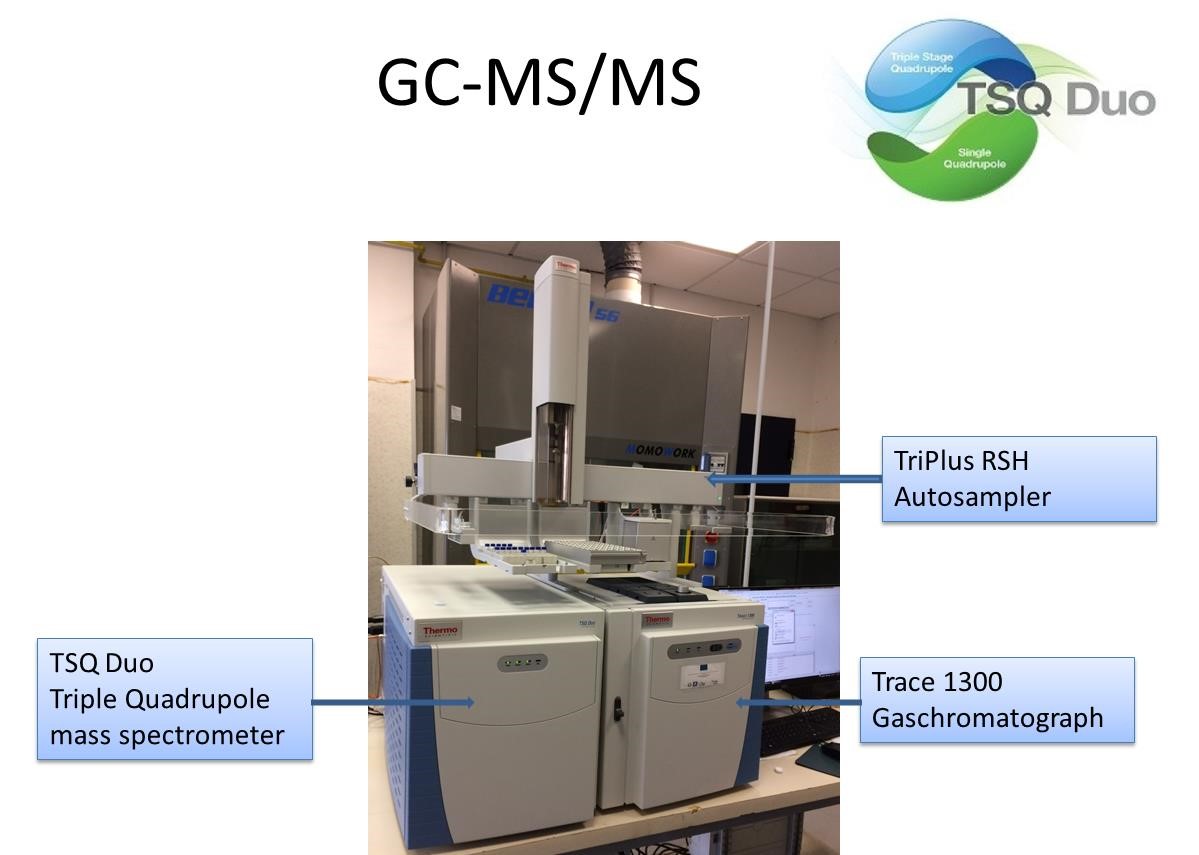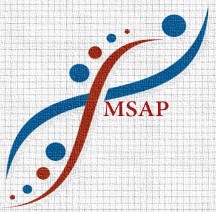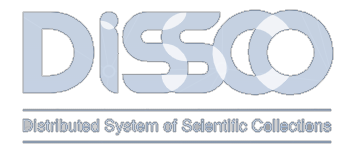GC-MS/MS
TSQ™ Duo Triple Quadrupole GC-MS/MS (Thermo Fisher Scientific) is interfaced to a gas chromatograph Trace 1300 which is equipped with a TriPlus RSH automatic liquid sampler. TSQ Duo is a high velocity (20.000 u/s (100 scan/sec) triple quadrupole mass spectrometer (QqQ) utilizing an electron ionization (EI) ion source. The system provides excellent performance in both single and triple quadrupole modes. In single quadrupole mode Full scan (FS) and selected Ion monitoring (SIM) data acquisitions are supported. The ability of the instrument to identify unknowns in the FS mode and quantitate known target analytes in the SIM mode, makes it one of the most powerful tools available in the lab today for trace level quantitative analysis. In triple quadrupole mode Selected Reaction Monitoring (SRM) and Multiple Reaction Monitoring (MRM) can be performed.

Some of the GC-MS analysis available at IBBR-Na:
GC-MS Full Scan Analysis (qualitative profiling): monitors a range of mass to charge ratio (m/z) in the time course of the GC separation. A typical mass scan range between 50-600 m/z is acquired four times per second and detects molecular ions and fragments of the eluting compounds over the time period of the GC analysis. Mass spectral libraries (NIST and Wiley) containing mass-spectra of many different compounds to compare to spectrum of the unknown analytes are available for putative identification. The Full Scan mode is quite useful for profiling and when identifying unknown compounds in a sample and providing confirmation of results from GC using other types of detectors.
GC-MS-SIM allows for detection of specific analytes with increased sensitivity relative to Full Scan mode. In SIM mode the instrument is set to detect only ions (molecular and/or fragment ions) specific of each of the target analytes rather than scanning over a wide m/z range. Typically two to four ions are monitored per compound and the ratios of those ions will be unique to the analyte of interest. This scan mode can be several times more sensitive than Full Scan Analysis.
GC-SRM
In SRM mode of operation a precursor ion characteristic of the analyte is selected by the first quadrupole of the mass spectrometer (called Q1), and after collision induced fragmentation (CID) with Argon gas in the second quadrupole (called q), its specific product ion is transferred to the third quadrupole (Q3) for detection. No mass spectra are recorded in a SRM analysis. The precursor and product ion pair is called a SRM "transition" and can be written (parent mass -> fragment mass).
GC-MRM
MRM is used as a very accurate quantitation method in metabolomics studies. In MRM mode, multiple SRM transitions can be measured within the same experiment on the chromatographic time scale by rapidly toggling between the different precursor/fragment ion pairs. Typically, the instrument cycles through a series of transitions and records the signal of each transition as a function of the elution time. The method allows for additional selectivity by monitoring the chromatographic co-elution of multiple transitions for a given analyte.

The staff of Mass Spectrometry and Proteomics (MSAP) group of IBBR (http://ibbr.cnr.it/ibbr/facilities/mass-spectrometry-and-proteomics-lab/) offers both routine services and advanced research based projects. More sophisticated targeted quantitative analysis may require the use of tandem mass spectrometry (MS/MS) in selected or multiple reaction monitoring modes. Reaction monitoring can be performed after method development that identify signature transitions of the analytes. GC-MS service operation involves instrument setup, basic method development, sample analysis and raw data reporting. We offer internal service for IBBR people and project collaboration for external academic or industrial users. Each analysis contains typically a GC-MS acquisition time of 30-70 minutes. Users should have their own standard for quantitative measurements.
Please contact Dr. Gabriella Pocsfalvi or Immacolata Fiume about Mass Spectrometry Analysis and for information on samples or projects.
Email:
Tel: +39 081 613 2585




